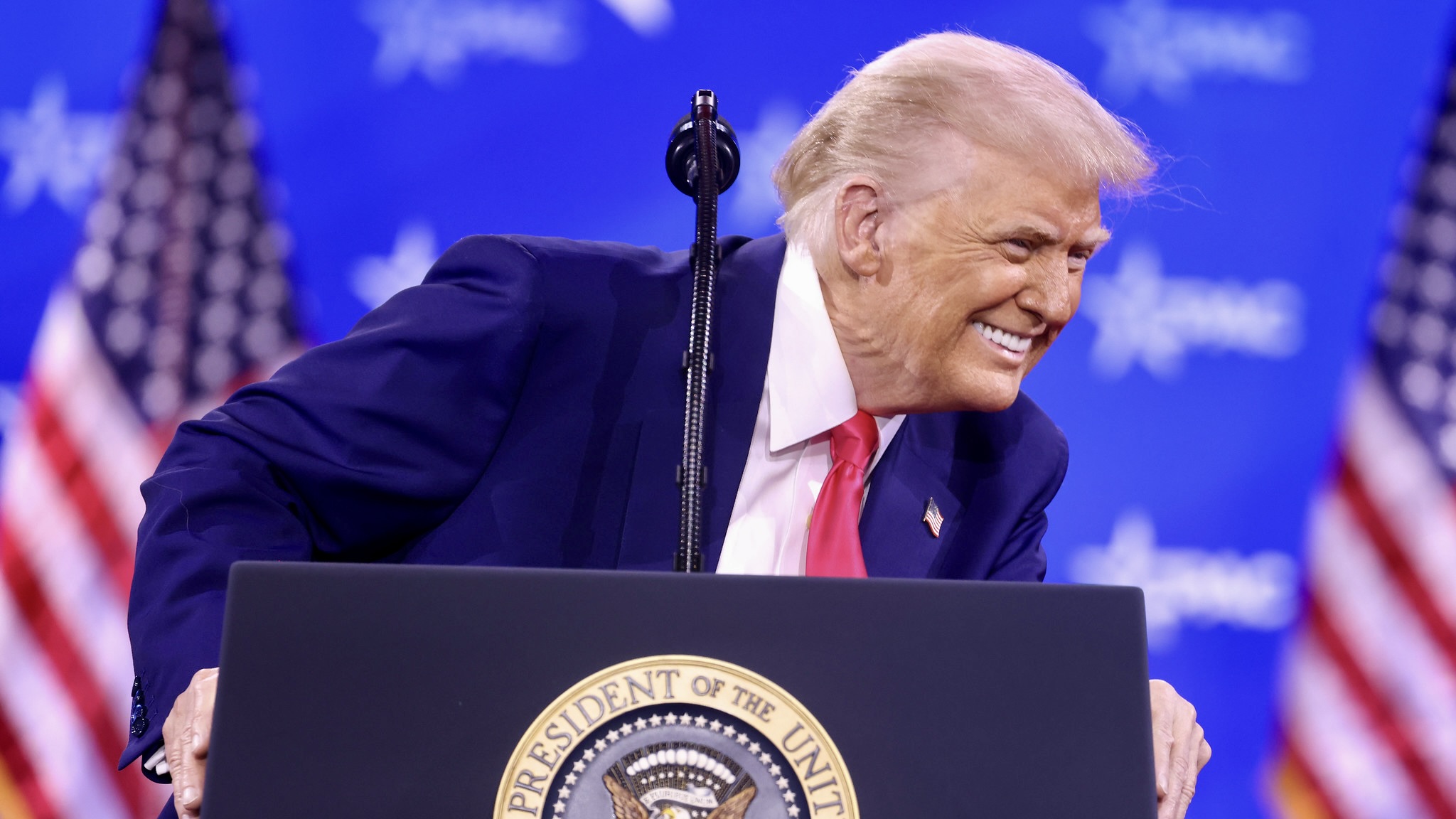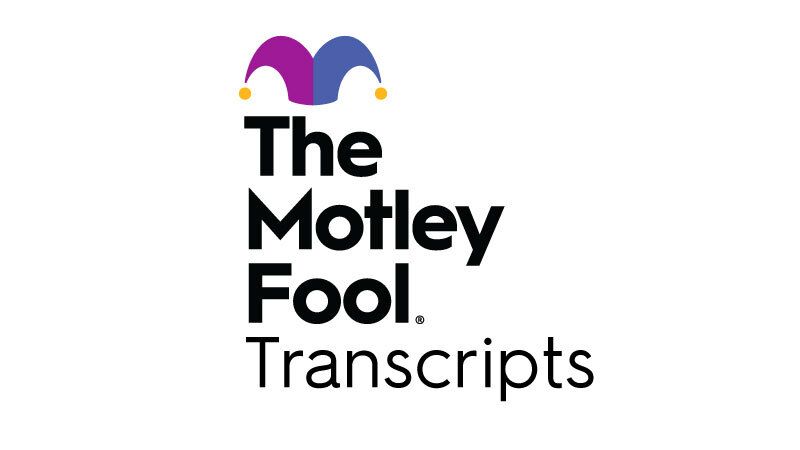Copyright International Business Times

The BBC is facing intense scrutiny after accusations surfaced that it edited former President Donald Trump's January 6 speech, sparking a wave of public criticism. Viewers and political observers alike are questioning the broadcaster's handling of the footage and demanding transparency in reporting. Allegations of Selective Editing The controversy centres on claims that the BBC selectively edited key portions of Trump's address related to the events at the Capitol. Critics argue that these edits may have altered the perceived context of the speech, raising questions about media integrity and impartiality. The allegations have drawn attention from both the United Kingdom and the United States, highlighting the international implications of news reporting decisions. For many citizens, the edits represent a breach of trust and fuel broader concerns about potential bias in mainstream media coverage. Analysts have noted that altering content, even unintentionally, can significantly influence public perception. In this instance, the controversy has not only reignited debates over journalistic standards but also intensified scrutiny of how major networks present politically sensitive material. Political observers argue that when coverage involves high-profile figures and polarising events, maintaining transparency and accuracy becomes paramount to avoid eroding public confidence. Public Reaction and Political Fallout The public response has been swift, with calls for the BBC to clarify its editorial process and provide unedited footage for verification. Social media platforms have amplified criticism, enabling viewers to voice concerns directly and collectively. Political commentators warn that incidents like this can deepen divisions, as audiences may interpret perceived editorial bias as evidence of broader ideological manipulation. In addition to domestic reaction, international media and political analysts have also weighed in, emphasising the reputational risk to a broadcaster of the BBC's stature. Accusations of editing content from a former U.S. president are particularly sensitive given the global attention on January 6 and ongoing debates about misinformation and media responsibility. As a result, the network faces pressure not only from viewers but also from critics seeking accountability and reassurance regarding reporting practices. Implications for Media Credibility The situation underscores the fragile nature of media credibility in a highly polarised environment. Allegations of selective editing can erode trust, not only in the outlet involved but across the news industry as a whole. Experts note that transparency, fact-checking, and prompt clarification are crucial for maintaining public confidence in journalism, particularly when covering politically charged events. Furthermore, the controversy highlights how a single editorial decision can have far-reaching consequences. Media outlets are increasingly being held accountable by audiences with immediate access to multiple information sources. The BBC's handling of the Trump speech case demonstrates the delicate balance between editorial discretion and public expectation for impartiality and factual reporting. The BBC now faces the challenge of responding effectively to allegations while preserving its reputation as a reliable news source. Viewers are demanding clarity on whether the edits were intentional or accidental, and the network's response will be closely scrutinised. How the BBC addresses the issue may influence perceptions of media bias and impact future coverage of politically sensitive stories. The controversy over the allegedly doctored Trump speech serves as a stark reminder of the high stakes involved in political reporting. Media organisations must navigate complex ethical considerations while maintaining accuracy, fairness, and transparency. For audiences, the incident reinforces the importance of critical media consumption and the need to question how information is presented. Ultimately, the BBC controversy may reshape discussions on journalistic accountability and the standards expected of global news broadcasters.



